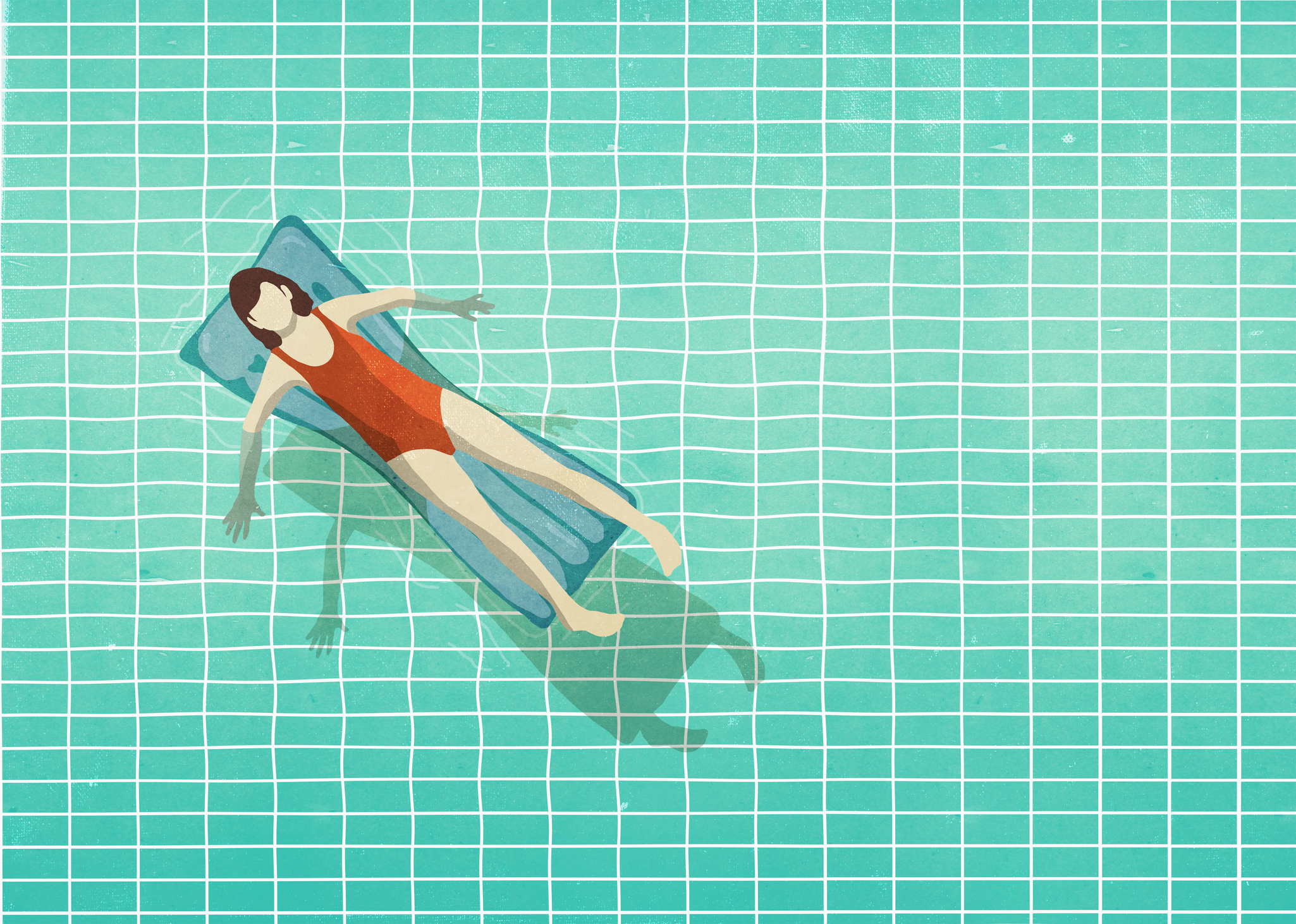There is power in a pause—a lot of power.
When asked why he played so well, piano virtuoso Artur Schnabel responded, “I handle notes no better than many others. But the pauses; that’s where the art resides.”
A pause is simple, almost invisible. What does a pause do and how can we cultivate the fine art of pauses?
Understanding the ‘Pause’
A pause is a conscious slowing down—a space-maker between stimulus and response. Pausing activates the parasympathetic nervous system, which helps us become calm. When our nervous systems are calm, we have more capacity to avoid reacting out of habit, and instead, to choose a response that is more satisfying, effective, and attuned to the situation at hand.
My first “aha” about the transformative power of pausing came when I got fed up with my list-bound behavior. I was always moving like a freight train to get through my list of self-imposed and other-imposed things to accomplish. As if by never stopping, I was going to someday get through the list and finally be able to relax. This was a fool’s errand. So, I decided to try an experiment and took 5 minutes between things on my list. I could not believe what happened in 5 minutes.
I had a chance to feel what I was drawn to do next on the list, and even better, a number of things on the list became less urgent, or I realized they were things I could easily delegate to someone else. My list grew smaller, and I grew more aligned and satisfied with my tasks.
Pausing as Self-care
Learning to pause is also a personal gift of self-care. Pausing briefly throughout the day reduces tension. More space and less anxietyand rush make much-needed room for pleasure and wonder. We can then work harder while being happier and more relaxed.
When we are moving too fast, or when we don’t take time to pause, we can easily misuse power because our habitual reactions overtake our ability to choose a more considered response.
As I am teaching, I often invite my students to stop and take three breaths whenever we transition from one topic or process to another. The pause created by taking three breaths allows for a little clearing and a chance to make room inside for the next thing. I feel so strongly about this that I consider it unethical for people to be too busy to take three breaths.
When we are moving too fast, or when we don’t take time to pause, we can easily misuse power because our habitual reactions overtake our ability to choose a more considered response. I tend to react to an issue with an immediate idea of how to fix it. When I take three breaths before responding, I make room for a more creative and inclusive unfolding of the resolution.
Pausing in Relationships
Pausing is also a powerful relationship tool, though pausing in the context of a relationship is not as easy as it might seem. It takes a surprising amount of self-awareness: first, to be able to notice an automatic pattern you habitually use in relationships and second, to make some space before reacting and choose a different response.
I have discovered one of my own automatic patterns that shows up in my role as a therapist. A client says something, and I have an impulsive habit of immediately giving a verbal response. When I am able to pause and wait just a little bit longer than usual, there’s more room for something new or deeper to come forth from the client. For example, in the pause, the client may say, “Oh, I notice something else…”
Skillfully using relationship pauses is a good leadership skill. One of my mentors once told me it was very important not to rush in too quickly to solve a problem. “You could use up all your time going from handling one crisis to another,” he said. “Instead, make some space to empower others to put in their ideas and let a creative and collaborative resolution emerge.”
Two Ways to Use Pausing in Day-to-day Life
Using pauses well is one of the great secrets of being power positive. Here are several specific experiments to try. For a week, do at least one of each experiment. Write down the results at the end of the day. Harvest your results.
- Pause in your personal world: Consciously choose to make space between tasks.
- Pause in your relationship world: Consciously choose to wait longer than usual before speaking.
It’s not always easy to slow down. If you feel too stressed or overwhelmed to find time to pause, consider reaching out to a therapist who can help you learn skills to manage stressors and cope with overwhelm.
Originally published on GoodTherapy.org.
Follow us here and subscribe here for all the latest news on how you can keep Thriving.
Stay up to date or catch-up on all our podcasts with Arianna Huffington here.


